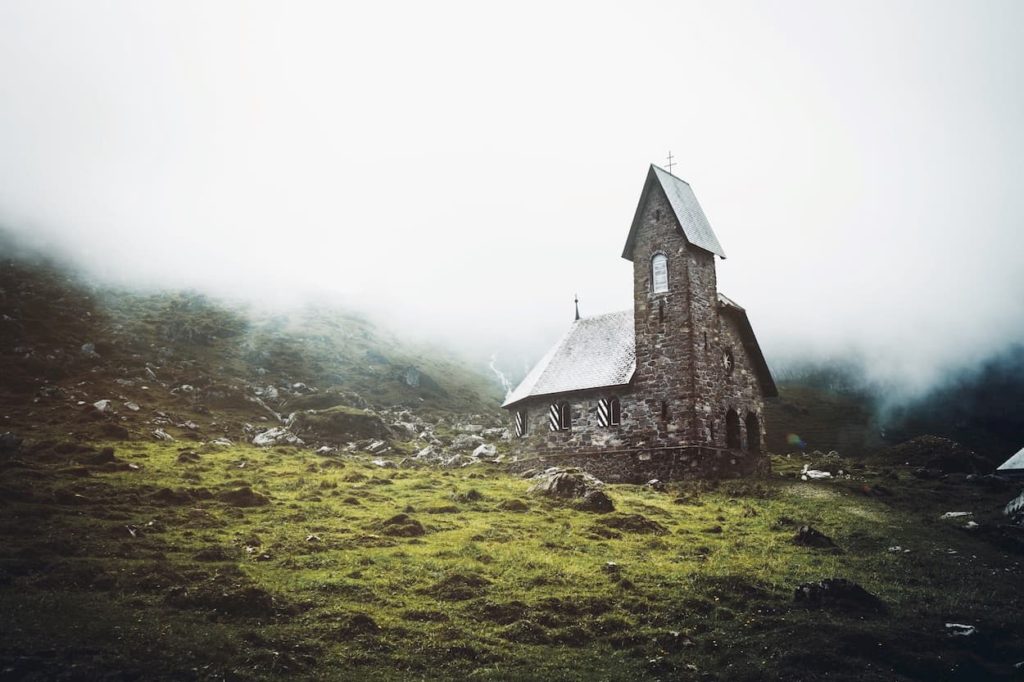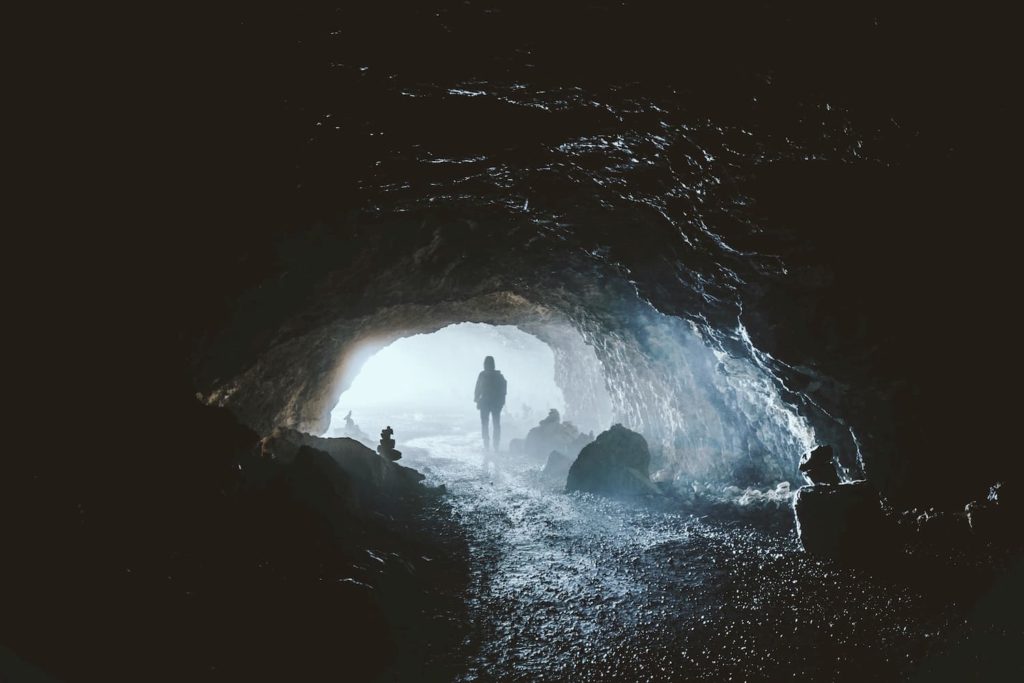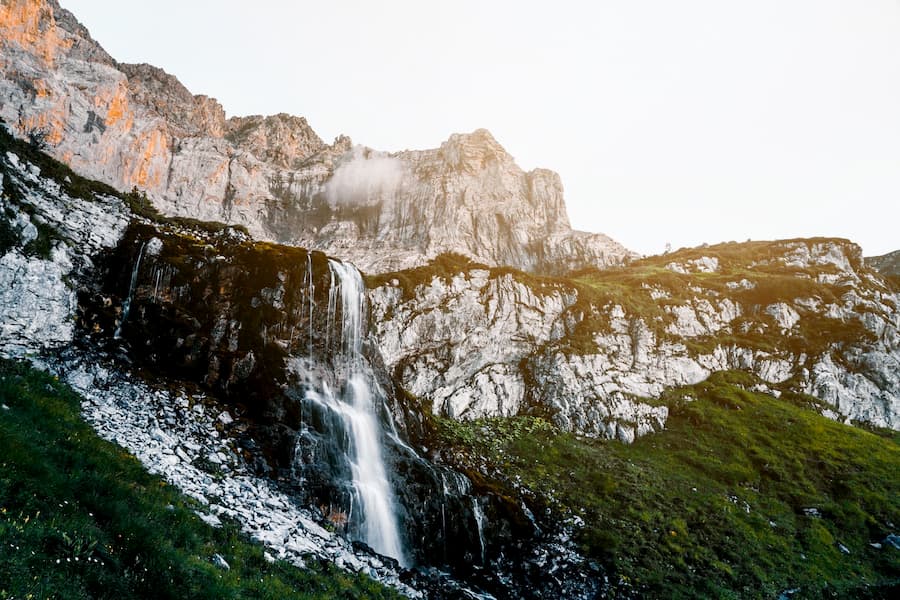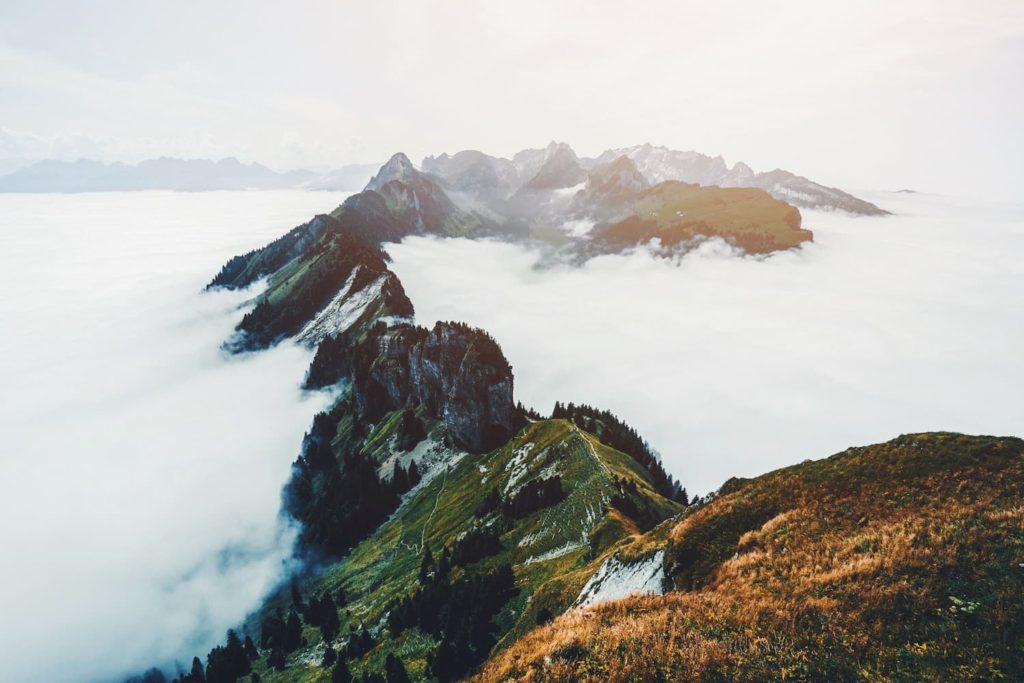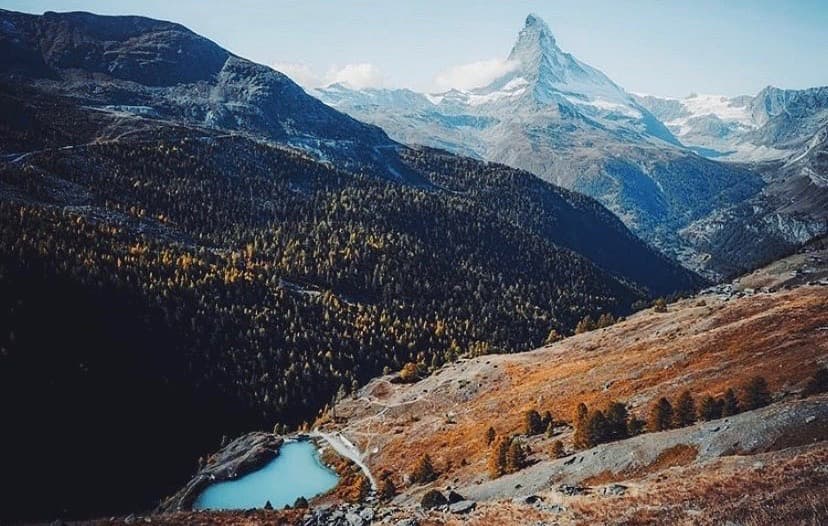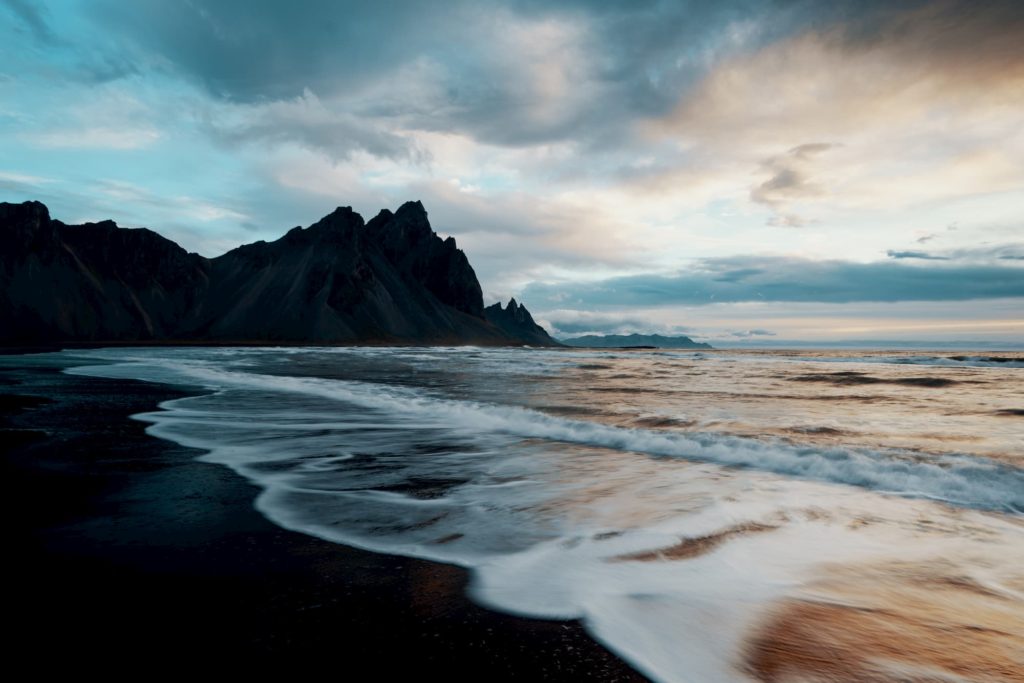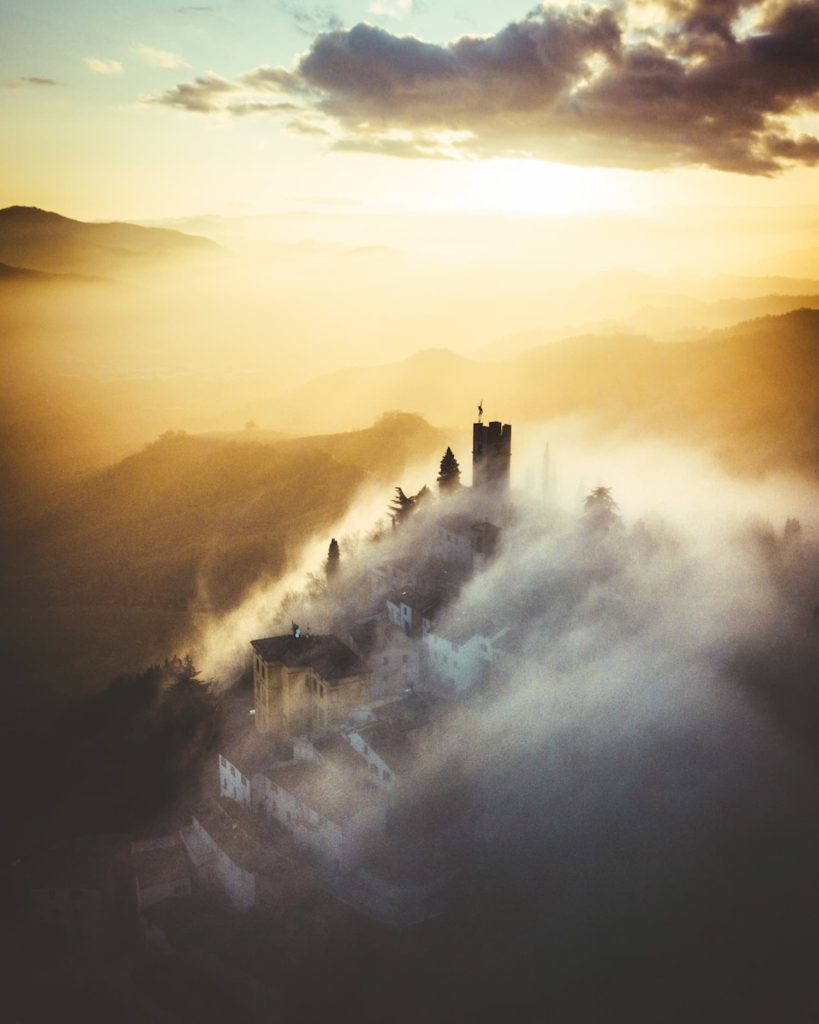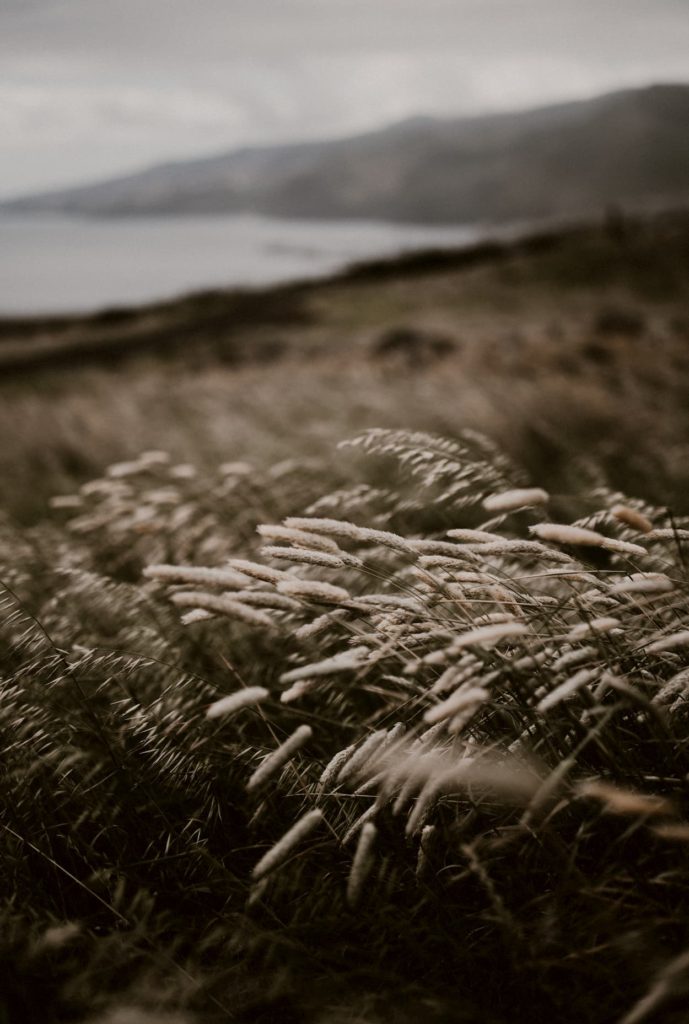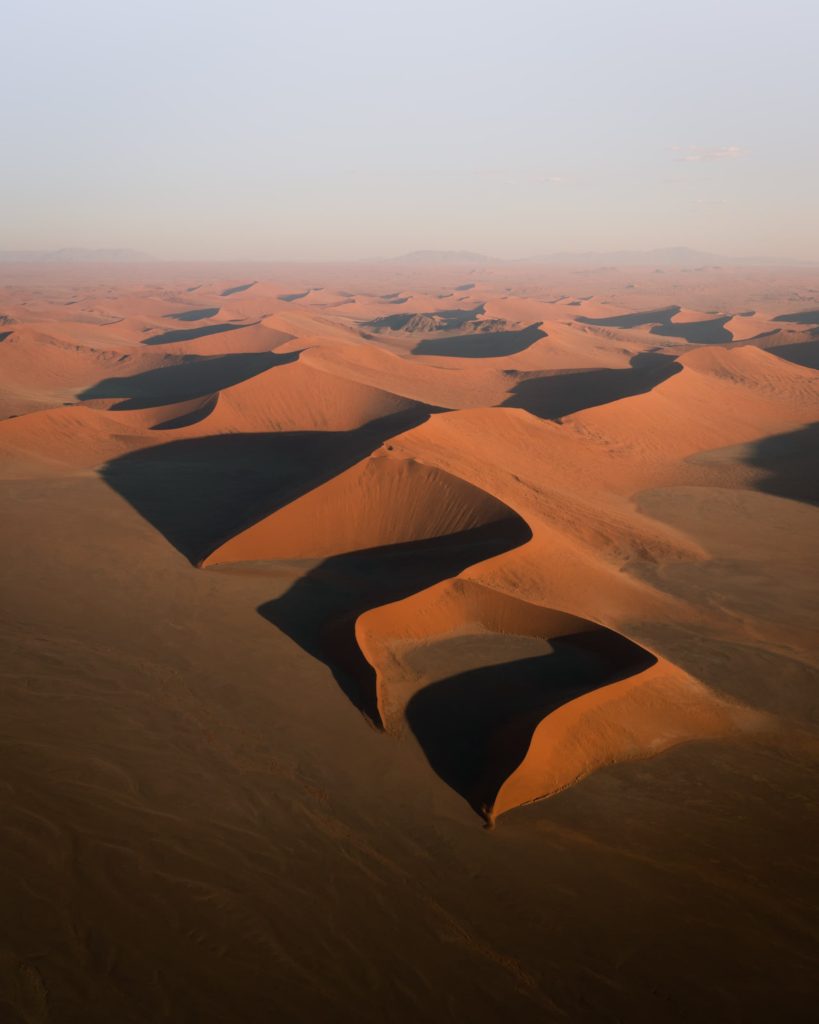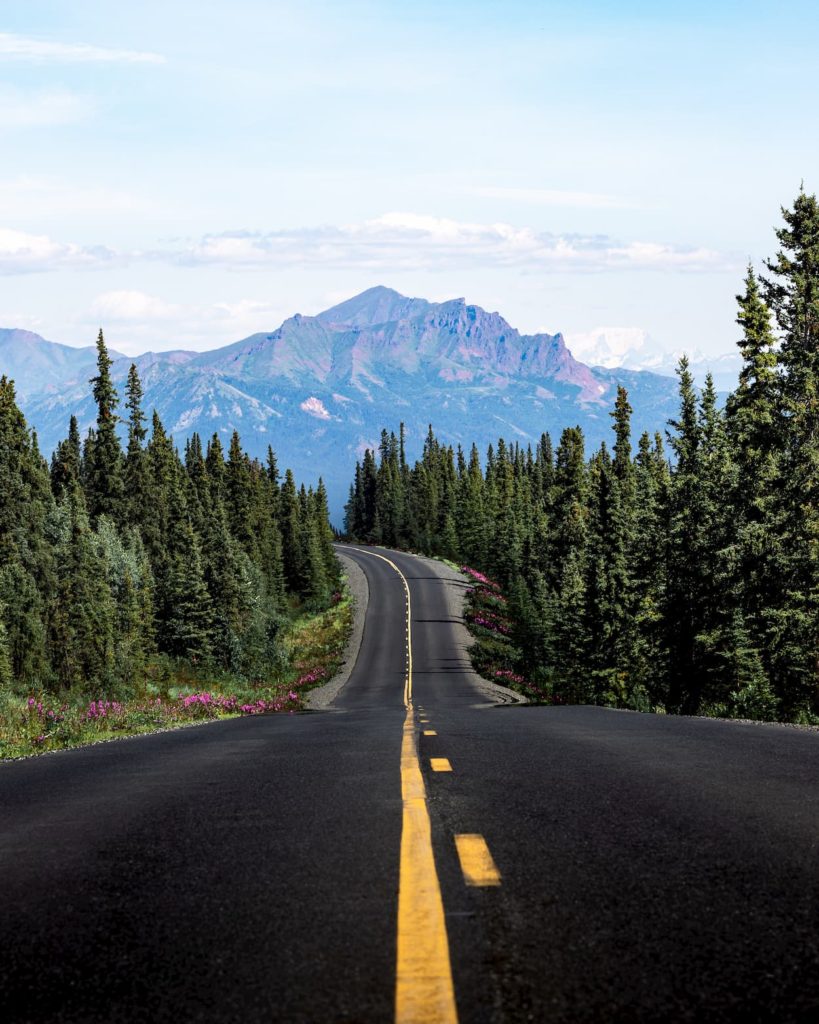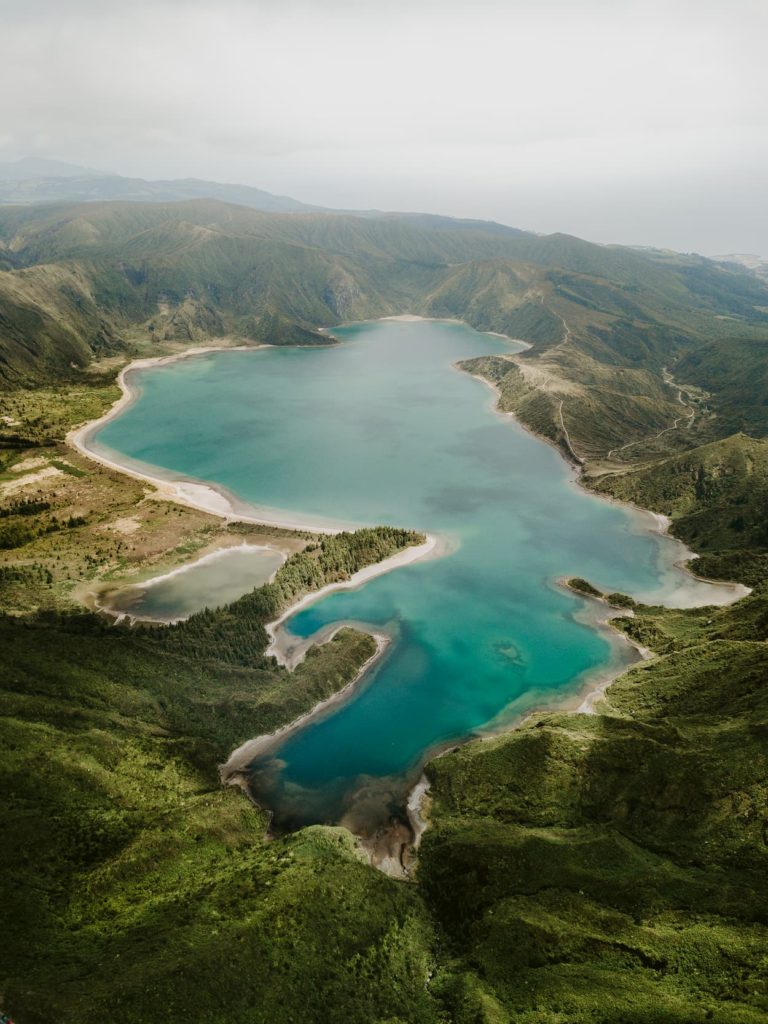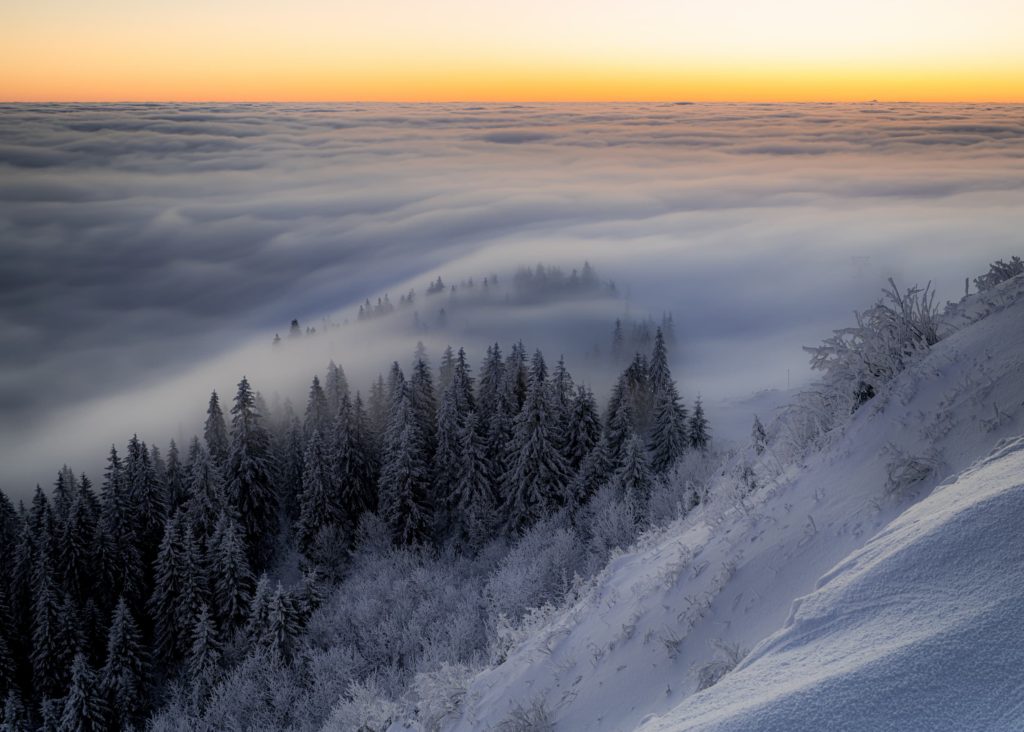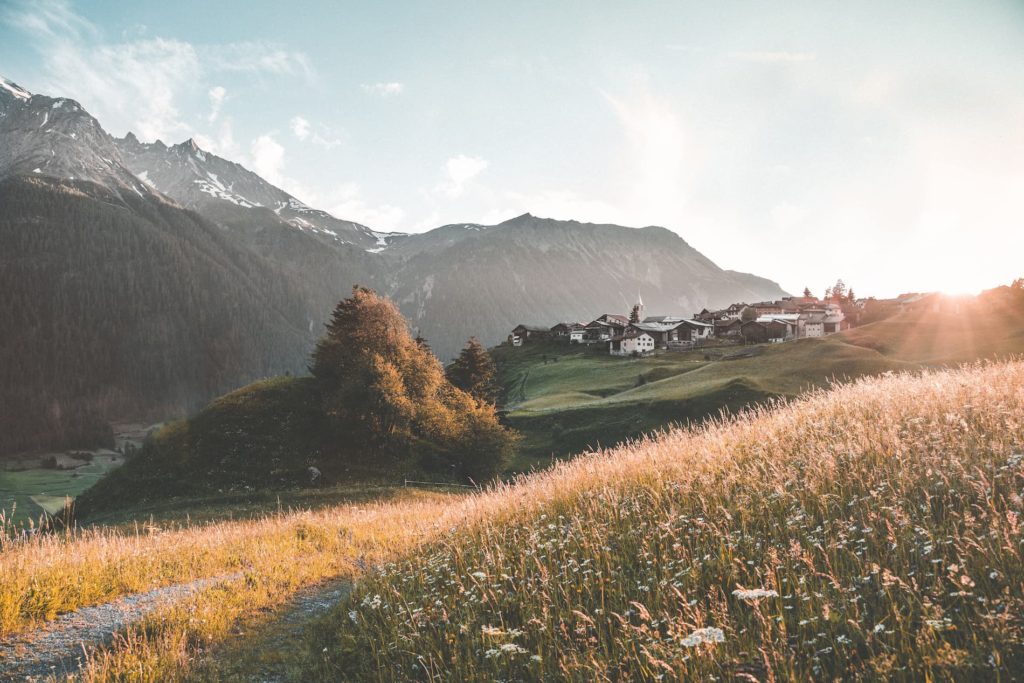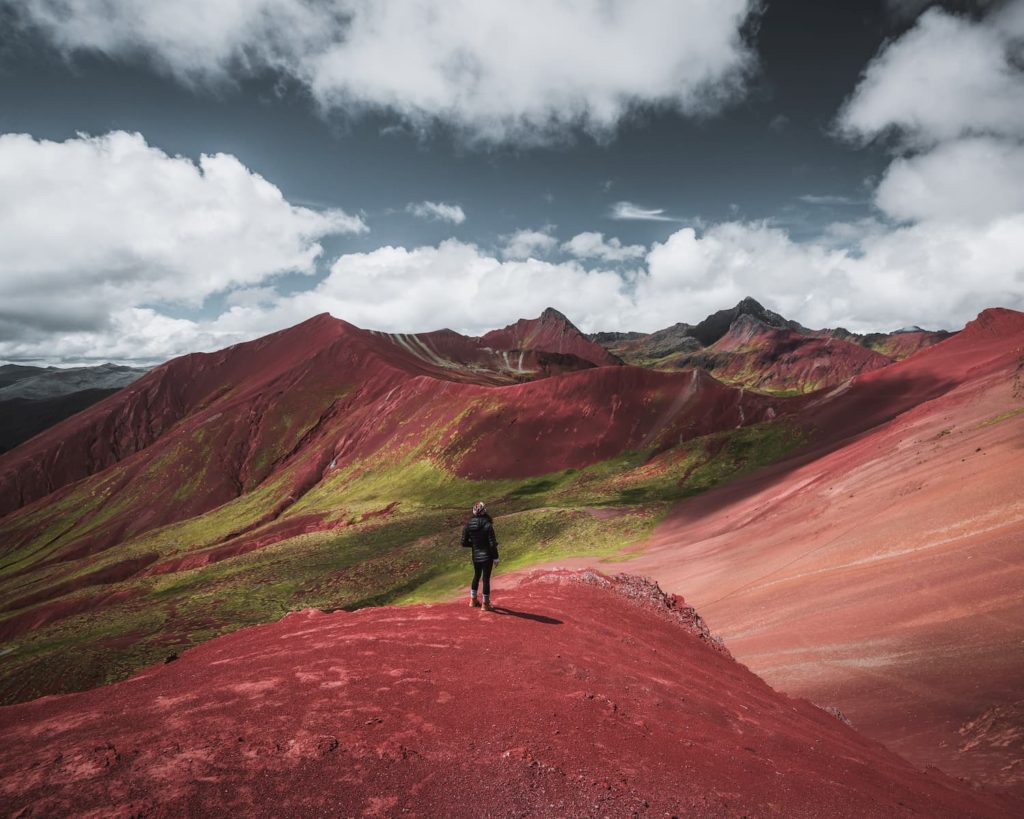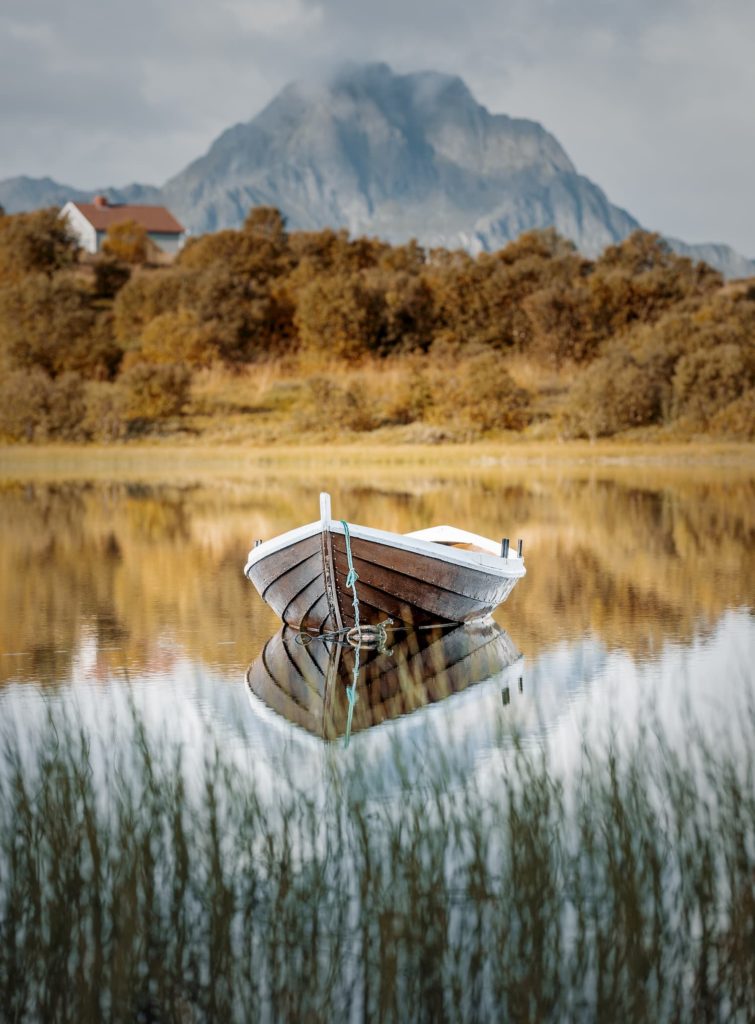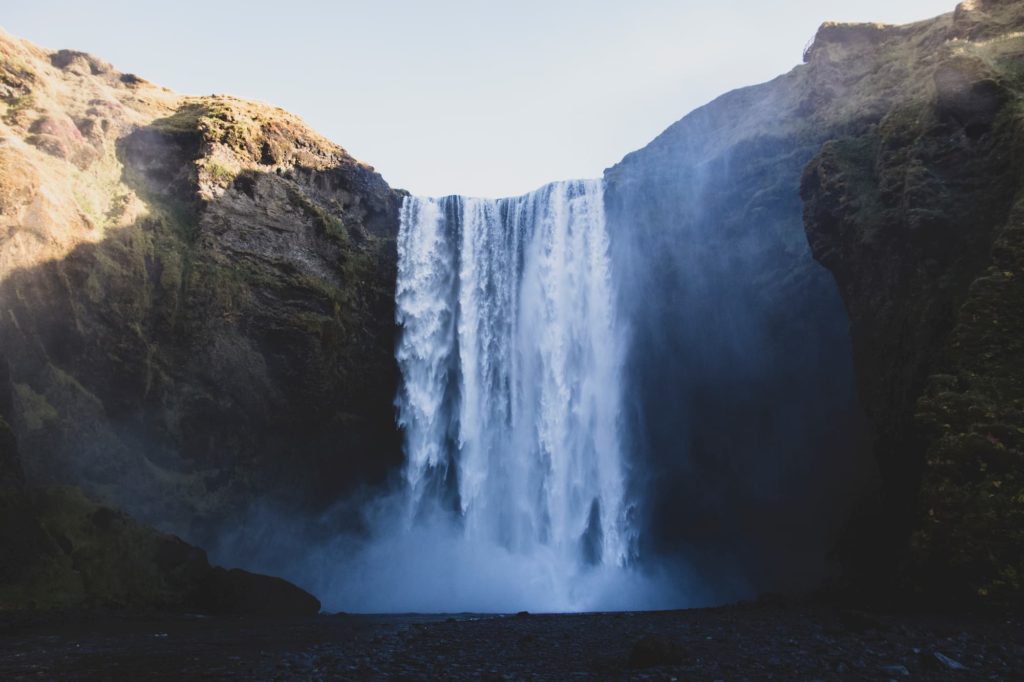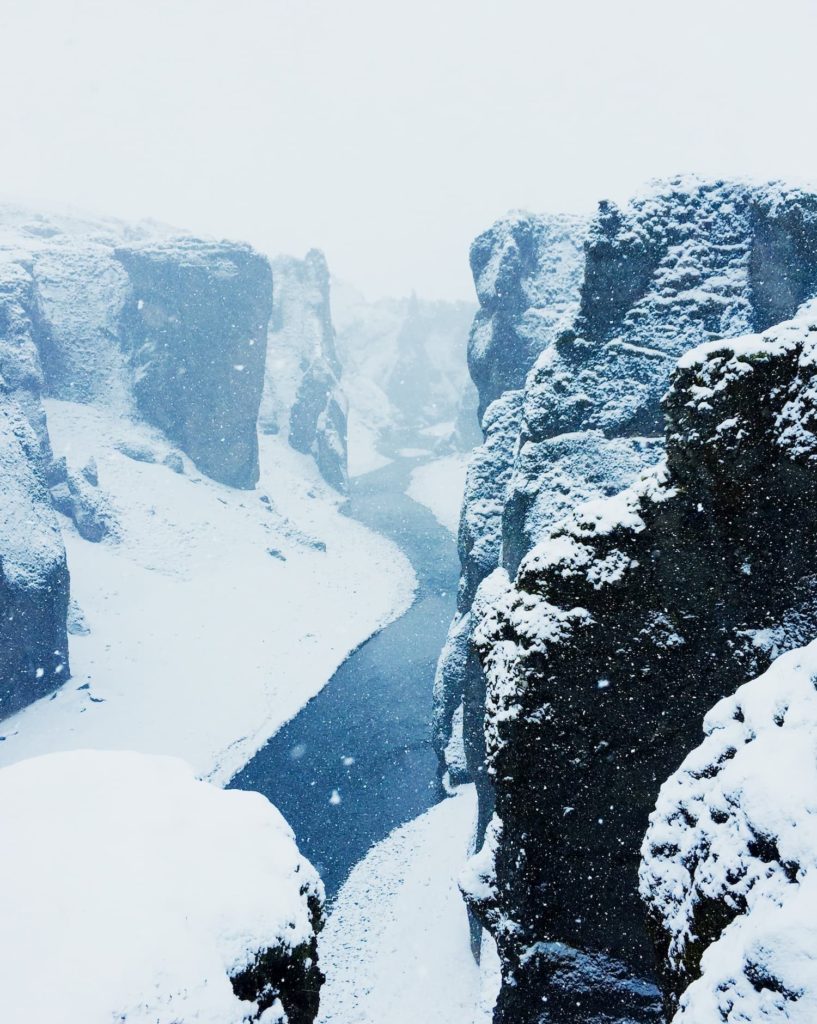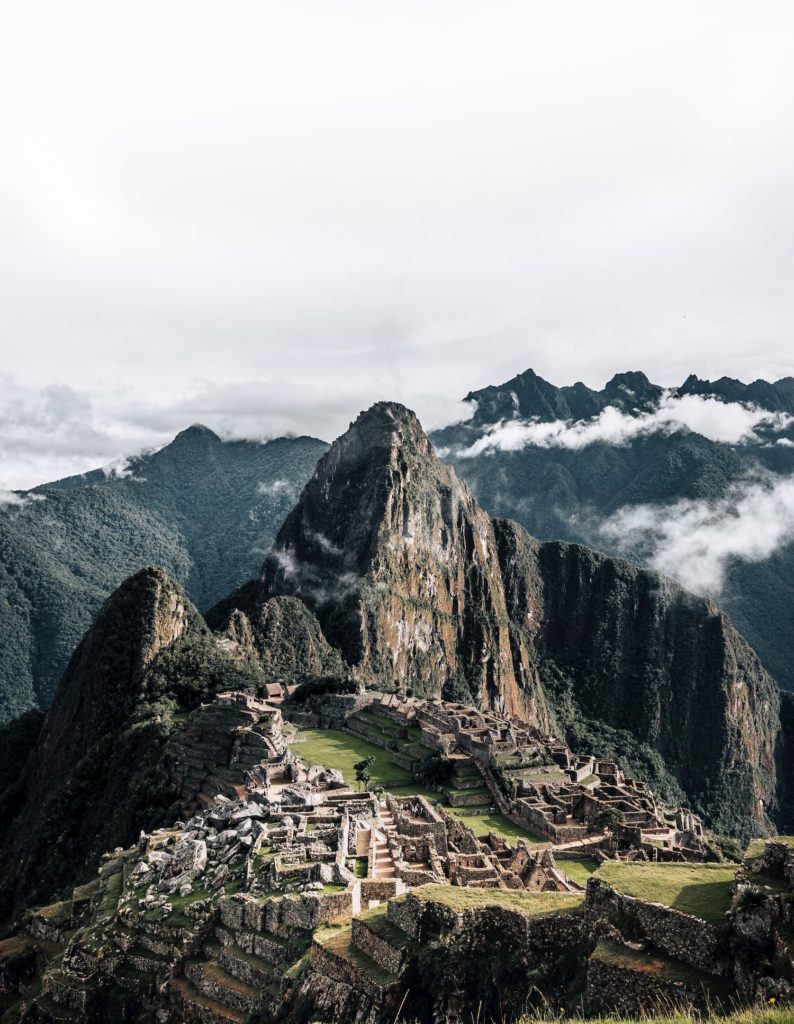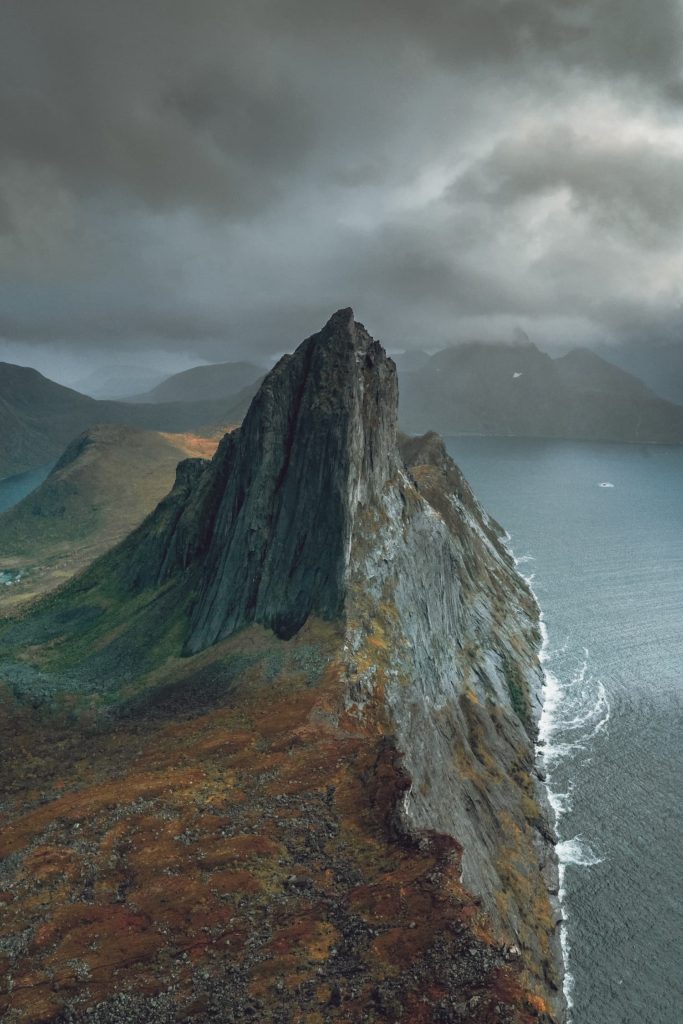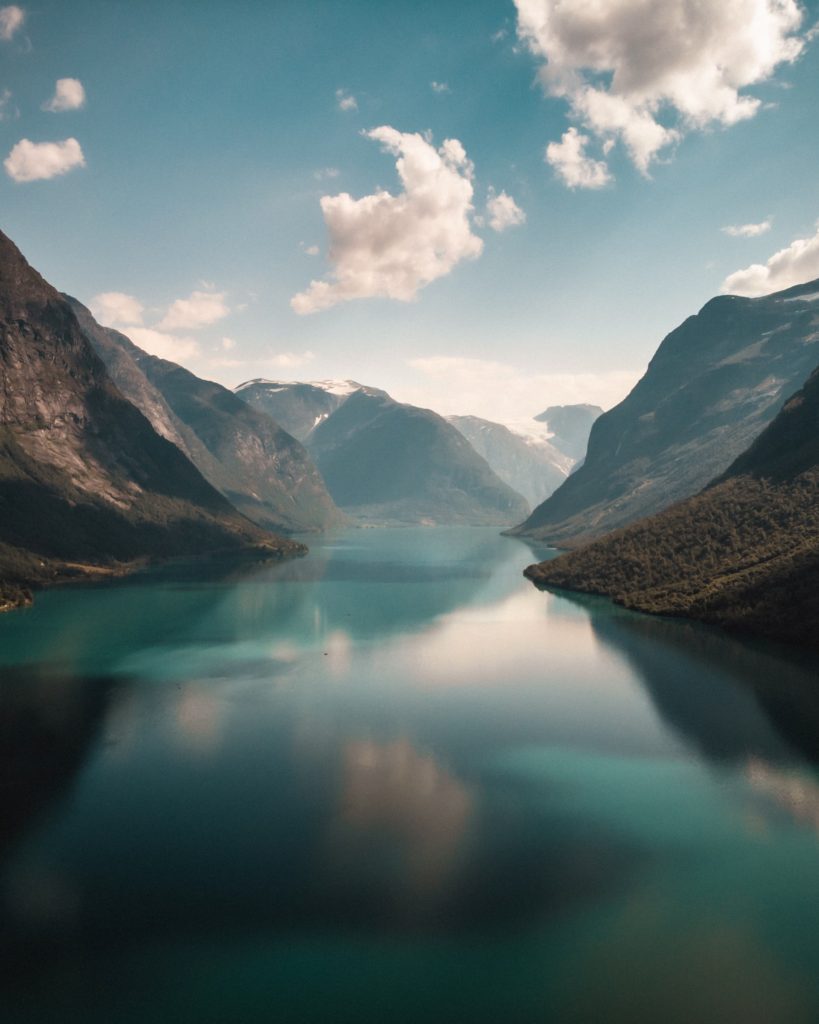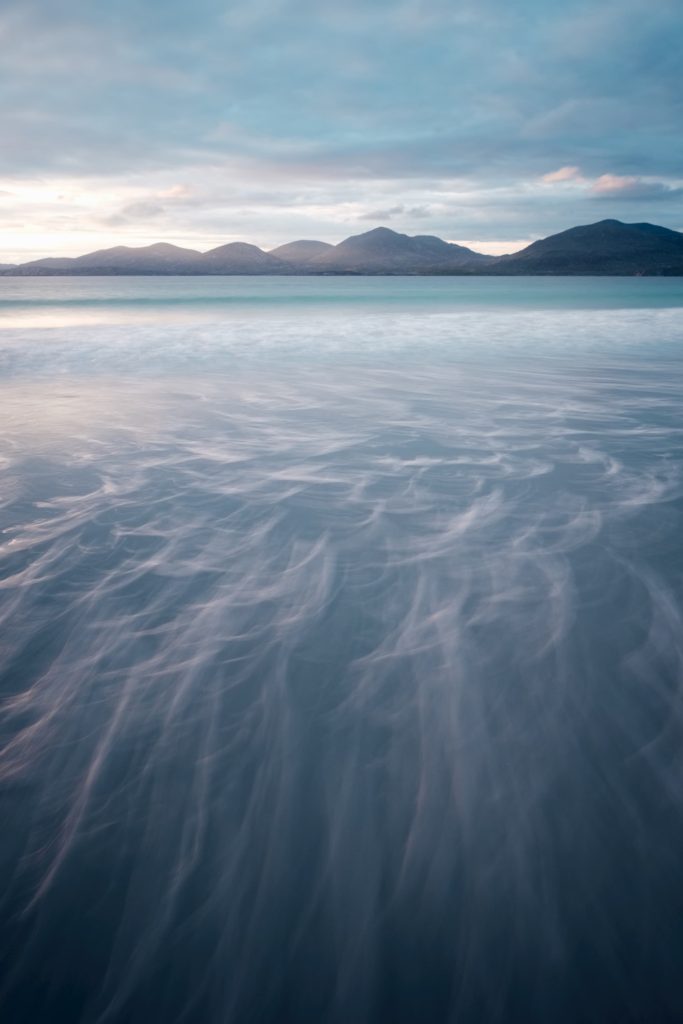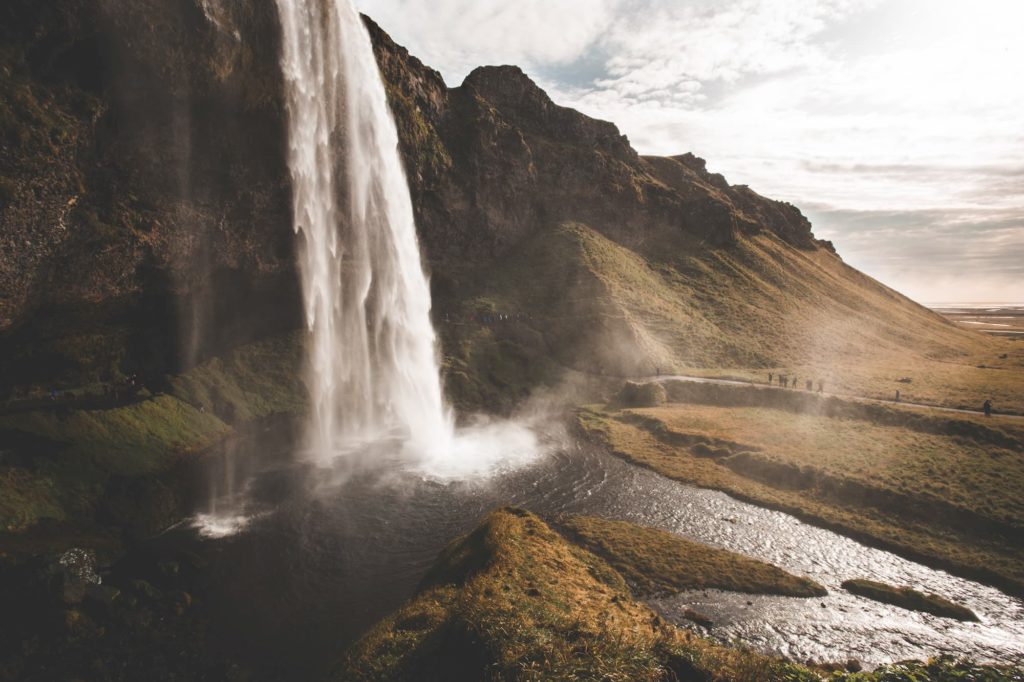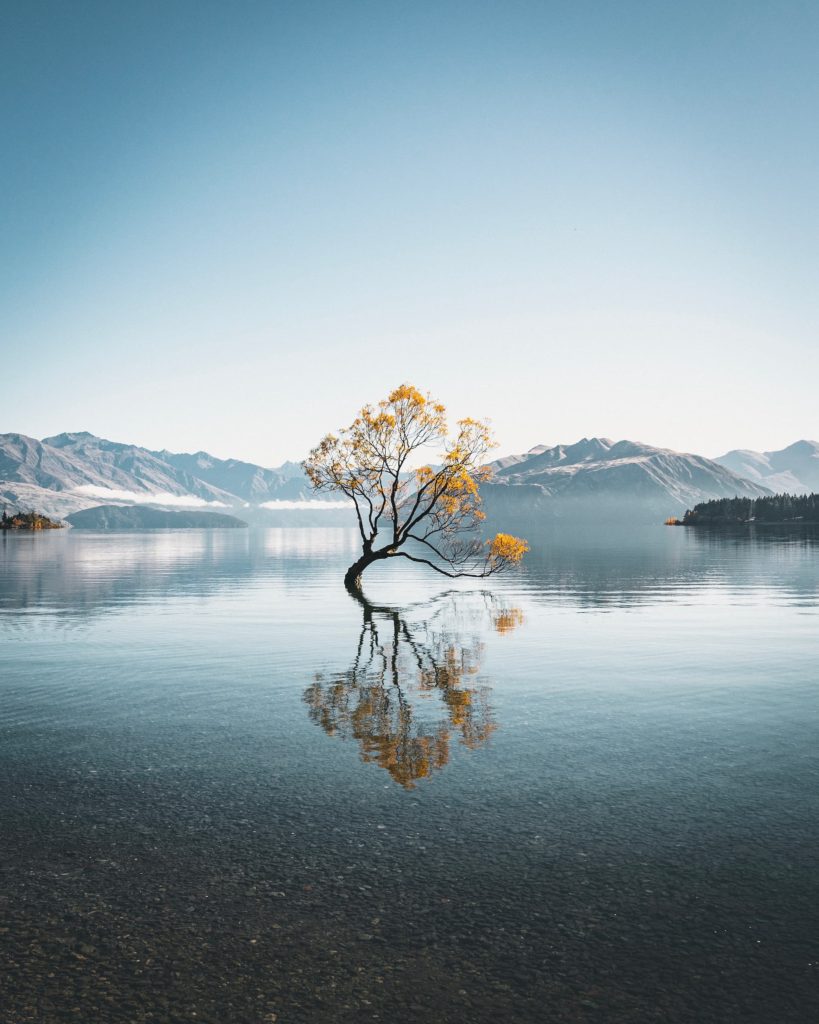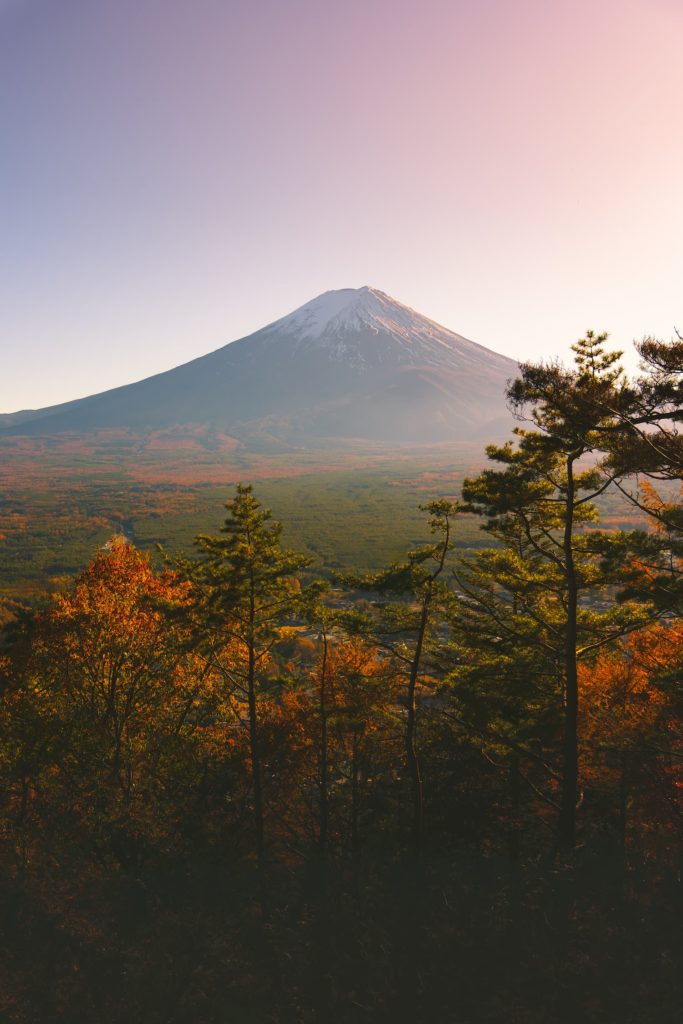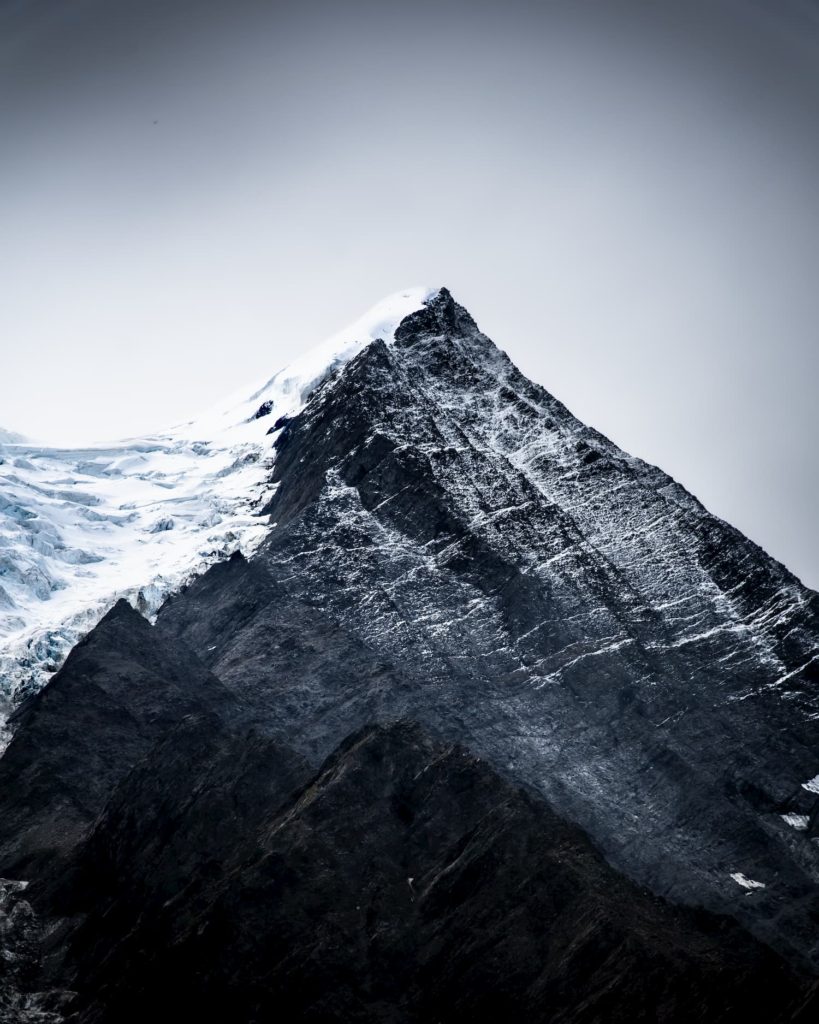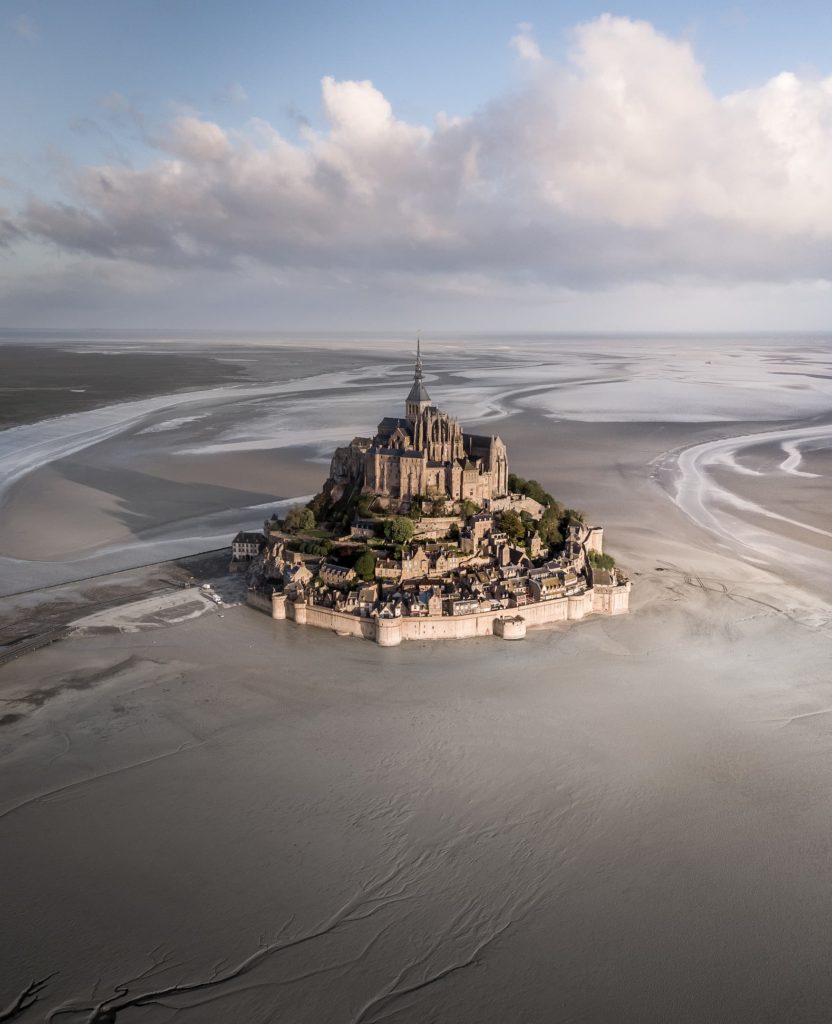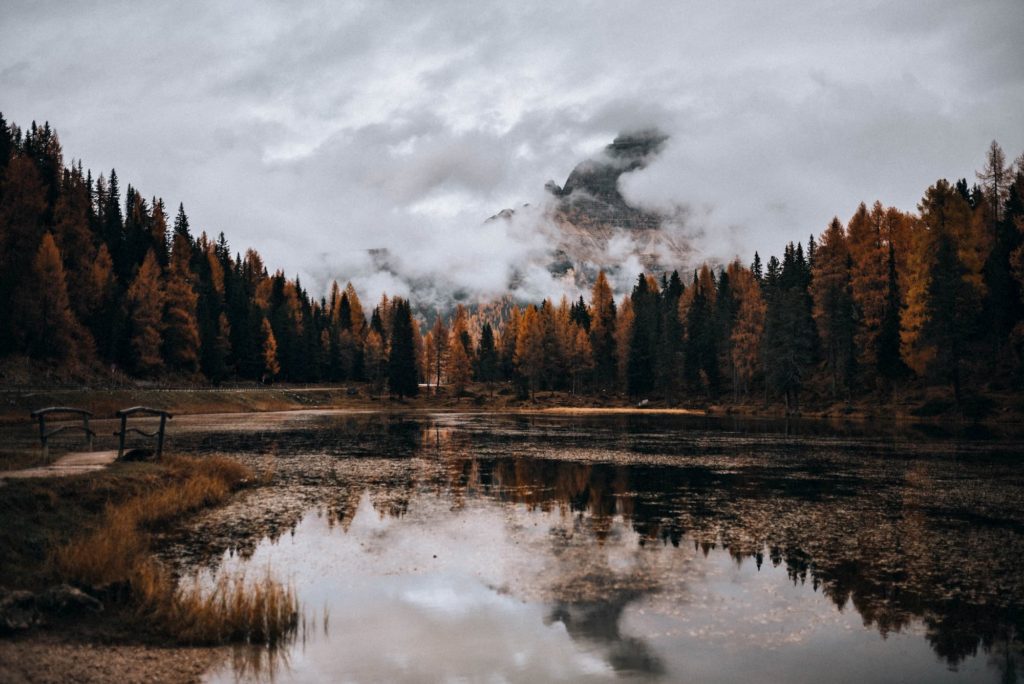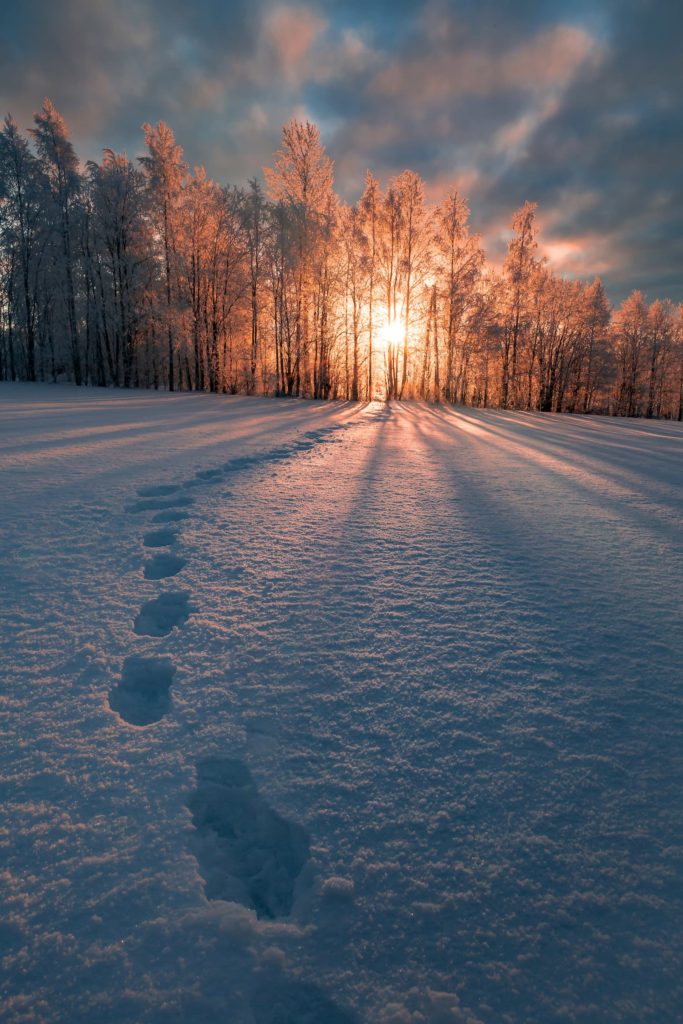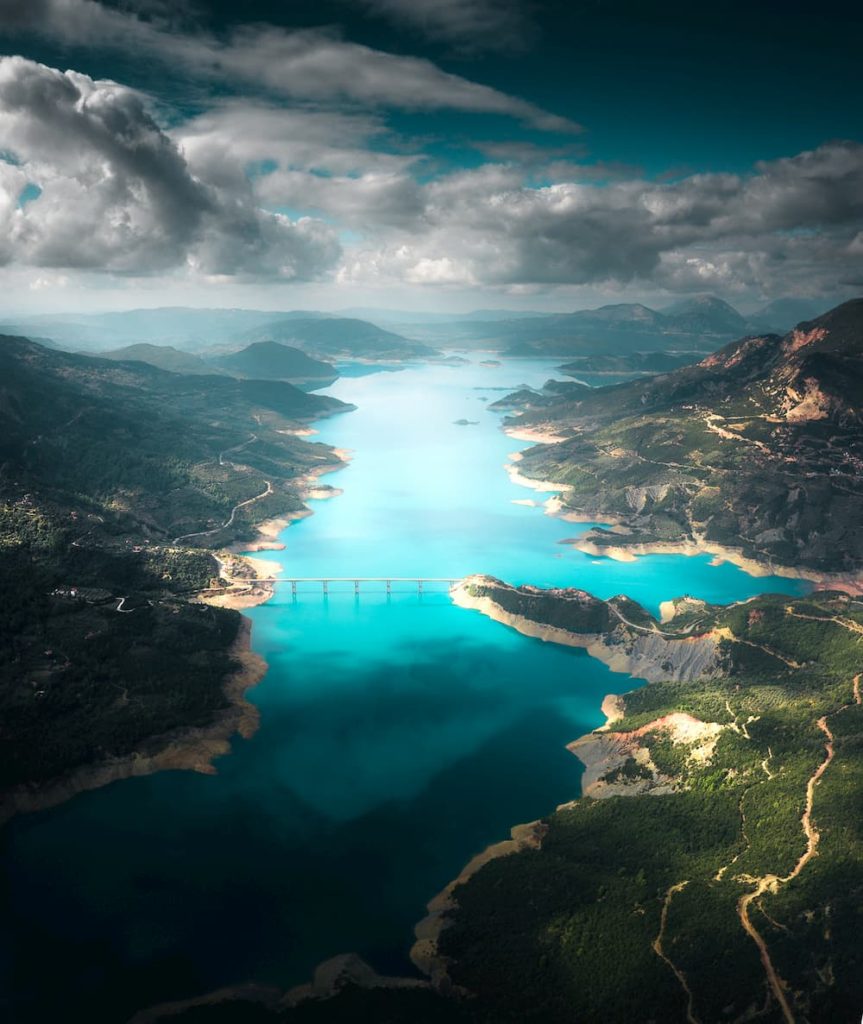
Of Sonia
@of_sonia
Landscape photographer based in Switzerland
My family has always encouraged me to pay attention to art and to express myself creatively and artistically, for which I am very grateful. I could paint and draw for hours and already as kid I borrowed my parents’ digital camera to experiment with taking photos. From then on photography has been a significant part of how I spend my free time.
I grew up in a small village. With the Swiss mountains right there when opening the front door, I didn’t think of it as an exciting subject and place to discover and wanted to travel elsewhere, to take photos of places I had yet to explore.
"My grandfather was a mountaineer and traveled all over the world. As a little girl I often rummaged through his old slides and held the small pictures in the light to look at them."
He traveled also to Greenland and had several pictures of icebergs in his collection. His stories and tales aroused the curiosity and interest in traveling within me. I was already lucky to go on holidays to the mountains to go hiking, climbing, skiing and snowboarding, but his stories made me dream of exploring places far away, places that sounded so unbelievable and adventurous.
I never wondered what I wanted to do. For me it was like there was no other option than doing something creative, my mind and heart were focused on that, guiding me to follow my passions and do the things that made me feel good. The joy I find in taking pictures and the joy I feel when drawing are similar, although while drawing or painting I may be able to invent and fantasize more. When I capture a beautiful place in the mountains either with my lens or with a pen, I perceive it more precisely. Both tools allow me to see details, look for particularities, analyze colors… I can say that I experience what I see more lively, more intense and I feel more connected with my surroundings. Without these tools I would look different at everything that surrounds me, pay less attention and most probably feel less intense appreciation for the natural world.
"Though I still try to train my eye. The closer I look, the better my drawings become and that also applies to photographs."
"I enjoy taking photos because I like to look for nice details and the atmosphere in one place, and to capture it subsequently."
My photography is highly based on feeling, on appreciation for what I see and motivation to highlight these things. I still don’t completely understand how the camera works and what technology is behind it, because I’m not particularly interested. That is a shame, because the photos could be much better when mastering the camera and the settings according to the circumstances and scenes. I realized I should know my device and how to use the advantages of technology so I began asking for help and exchanging more information with friends. Fortunately, I have friends and family members who are more familiar with the technological part of photography than I am. This made photography more a collaborative activity which made it even more fun.
"My photos don't just come from the camera in my hand and one click with my finger. They develop through teamwork. Through inspiration. And through adventure."
Five years ago I made my first and only trip to another continent; a friend and I traveled to Indonesia with our backpacks and explored the island of Java. It was our goal to climb different volcanoes and of course we also targeted Mount Bromo. A vast sea of sand surrounds the volcano in East Java. The landscape alone was already unforgettable. We arrived on the day of Yadnya-Kasada, a religious festival of the Tengger. The people head to the top of Mount Bromo to offer sacrifices to the deity of the Sang Hyang Widi Wasa volcano. I was completely astonished because it was the most impressive I had ever seen, both the ritual and the landscapes. At the same time, I could hardly watch because the locals were so close to the volcanic vent that it scared me.
As a Swiss, I grew up very safe and secure while the regions that I traveled to in Indonesia are regularly hit by earthquakes. Such a journey is emotionally impressive and you are faced with injustice and poverty too. At the same time, this is what enriches your worldview as you create a more realistic image, while you also gain tolerance and become more cosmopolitan.
"Being outside gives me the space to reflect on these exceptional experiences as well as daily life events."
I can also switch off and relax, especially when I am in the mountains. I worry less about everything and everyone and come to myself. In front of a summit that is thousands of meters high, I am reminded about how colorful and big the world is. How small my problems are and how lucky I am to be able to experience all these things, to be healthy and to be free. I love these moments and hiking in these places – with my camera even more.
"At school I learned that you can't edit photographs - a good photo is made with the camera."
I liked the idea and found it nice that you can create a picture that is as complete as possible with the camera itself. At the same time, however, I think that this approach is no longer up to date. It is part of the art and if the editing helps to keep a serie of photos together or express a feeling with a single photograph I do like to use Lightroom to achieve that and make the photo even more atmospheric. The world and its nature has been beautifully designed, but that doesn’t mean we can’t express how we feel about experiencing the world personally by the means of art.
"I believe emotional expression through art should be encouraged, from a young age on."
Would you like content like this sent to your inbox?
MUST READ STORIES OF JUNE
MUST READ STORIES OF MAY
MUST READ STORIES OF APRIL
MUST READ STORIES OF MARCH
MUST READ STORIES OF FEBRUARY
MUST READ STORIES OF JANUARY
NOMADICT
ART GALLERY
THE LATEST STORIES
WRITEN WITH PASSION TO INSPIRE YOU
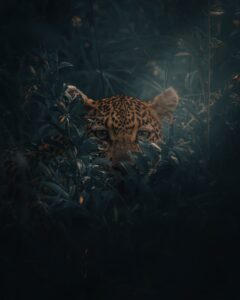
Andy Rider (@andyswildlife): Best of the Week 2 at #nomadict
Andy Rider is a passionate wildlife photographer and filmmaker based in South Africa, dedicated to capturing the raw beauty of nature while raising awareness about conservation. Inspired by legends like Steve Irwin, his journey began as a field guide, where he honed his skills and developed a deep respect for ethical wildlife photography.
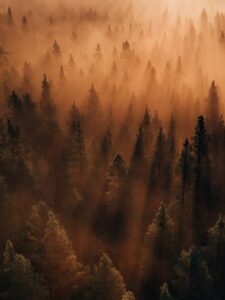
Philipp Pilz (@buchstabenhausen): Best of the Week 43 at #nomadict
In this article, photographer Philipp shares how time, clarity, and consistency have shaped his evolving relationship with nature photography. Drawn ever further north, he writes about embracing uncertainty, working with restraint, and finding beauty even when plans fall apart — including the unlikely story behind his Best of the Week–winning image.
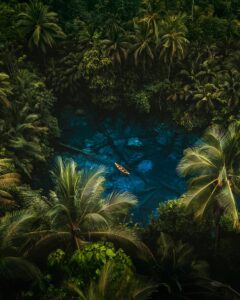
Tom Fähndrich (@tofenpics): Best of the Week 47 at #nomadict
Tom shares the journey behind his winning photography, from a passion for exploration and remote places to field lessons, composition choices, and color grading.
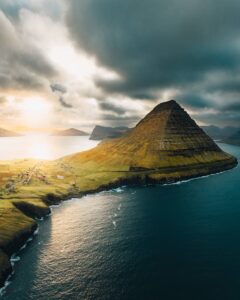
Photo tour in the Faroe Islands
Join us in the Faroe Islands for a unique photo tour, where you’ll elevate your creative skills with expert guidance from Ronald Soethje and Nomadict.
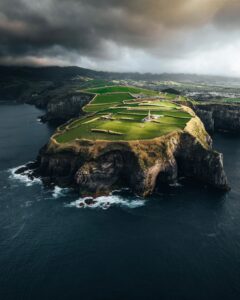
Photo tour in Azores, Portugal
Join us in the Azores for a unique photo tour, where you’ll elevate your creative skills with expert guidance from Ronald Soethje, Bruno Ázera, and Nomadict.
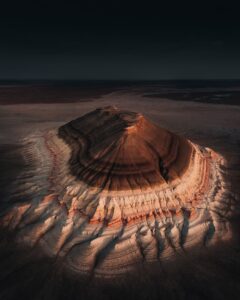
Forest Kai (@forest1kai): Photographer based in the US
In this article, Forest shares how years of chasing scale, silence, and raw landscapes shaped his approach to photography, from the deserts of Kazakhstan to the volcanic ridges of Iceland. He talks about how he uses light, texture, and vast negative space to create images that feel both intimate and overwhelming.
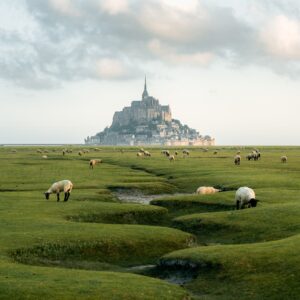
Simon Hechtbauer (@roamwithsimon): Best of the Week 32 at #nomadict
Simon shares the journey behind his photography, from early inspirations to field techniques, editing, and the story of the winning shot that shaped his path.
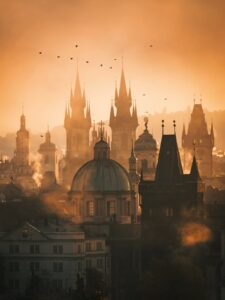
Miroslav Maršík (@miromarsik): Photographer based in Czech Republic
In this article, Miro shares how his love for cinematic music evolved into a deep passion for photography and how he uses light, color, and atmosphere to turn the streets of Prague into living film scenes.
